Games and Play
Games can help us to learn something new, safely explore difficult topics, try new experiences, make new friends, and much more -- not to mention have fun along the way! However, making games that reliably accomplish these things is difficult. It requires a strong research base with roots in theory, craft knowledge unique to the professional gaming industry, and the ability to utilize these skills while working in interdisciplinary teams.
The goal of game design is to make games that more reliably accomplish their goals, whether those goals be purely for entertainment or whether the designers seek to transform players. To provide a strong theoretical grounding, we draw on ideas from cognitive psychology, social psychology, learning theory, and more. To provide training in the craft of game development, we design, build prototypes, and playtest games of all types (for example, tabletop, PC, RPG) and on all scales -- from rapid iterations of 1-week analog game design cycles to multi-year PC games with large teams. Finally, we train students in research-backed methods for interdisciplinary creative collaboration, such as effective feedback exchanges. In short, we take a human-centered approach to building playful experiences with technology.
Additional Game Design resources at CMU include: the Center for Transformational Play (CTP), the Entertainment Technology Center (ETC), and Integrative Design, Arts, and Technology (IDeATe).
Students who want to learn more about this HCI research area might be interested in the following CMU courses:
- 05-362/05-662: Transformational Game Design Studio
- 05-418/05-818: Design of Educational Games
- 53-414/53-614: Introduction to Game Design (offered by the ETC)
-
![image for the "[does] Compute" podcast, presented by the CMU School of Computer Science and Geekwire](/sites/default/files/styles/400px_wide/public/2025-09/does-compute-season-2.jpg?itok=RsFRrPi3)
Season Two of 'Does Compute' Now Available
NEWSFrom Oscar-winning work in computer graphics to solving problems inside the human genome, Carnegie Mellon University's top-ranked School o...
-

Designing for "Vibes"
NEWSAnyone who has ever worked to carefully craft a video, whether to commemorate a family event or immortalize an amusing moment with a pet, ...
-
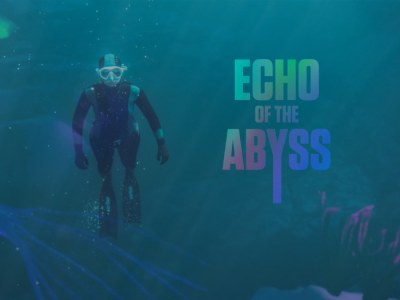
Using Virtual Reality to Connect Players With Ocean Ecosystems
NEWSFewer people have been to the deepest parts of the ocean than have walked on the surface of the moon. Researchers at Carnegie Mellon Unive...
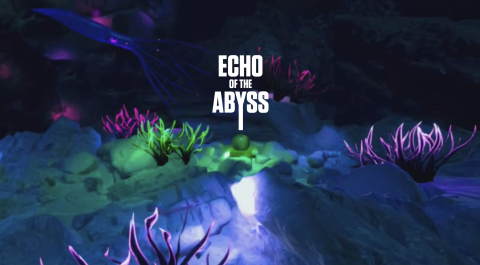
Echo of the Abyss
PROJECTEcho of the Abyss is a Virtual Reality (VR) experience that uses animal guides and immersive environments to cultivate a sense of kinship towards marine l...
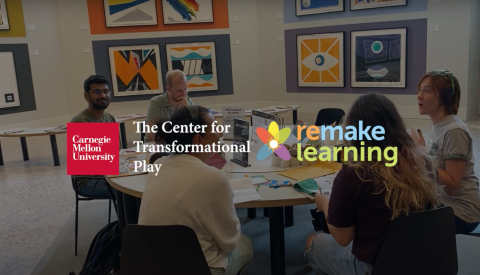
Monsters of Appalachia
PROJECTMonsters of Appalachia is a game designed by the Center for Transformational Play at Carnegie Mellon University. It is a role-playing game designed to hel...

Eye into AI
PROJECTRecent developments in explainable AI (XAI) aim to improve the transparency of black-box models. However, empir...
-

Carnegie Mellon University Launches Center for Transformational Play
NEWSGames can entertain. They can bring people together. They can transport players to new worlds, test skills and strategies, and encourage p...
-
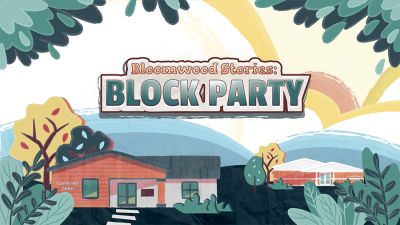
Video Game Focused on Community Health Receives Award at Meaningful Play Conference
NEWSOne of the most enduring pieces of advice from beloved children's television host Mister Rogers is to look for the helpers.
-
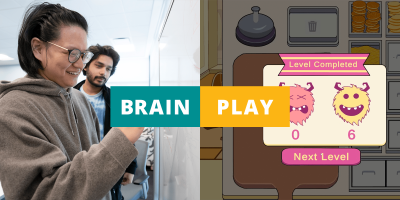
Neuroscientists and Game Designers Play Well Together
NEWSJessica Hammer thinks the most important technology for making games is the brain.
-
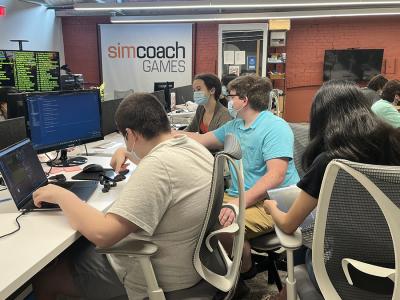
CMU Helps Simcoach Games Train Next Generation of Change Innovators
NEWSCarnegie Mellon University and Simcoach Games have teamed up to give high school students interested in game design on-the-job training an...
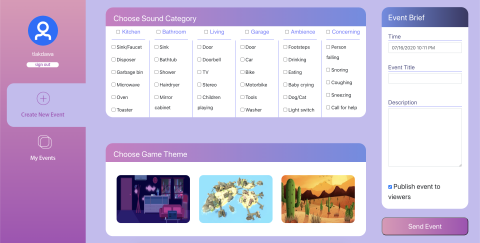
Polyphonic
PROJECTThe Polyphonic project explores collecting real-world data by piggybacking on game streaming communities such as Twitch, which capture over a trillion min...

Games and Climate
PROJECTHow can games help address the challenge of climate change? Through research and design, we are exploring ways that games can motivate collective action, ...

